|
WHO ARE GENOS INTERNATIONAL? We are a global team of change-makers using emotional intelligence to enhance how we connect, communicate and collaborate at work. Transforming these essential people skills at work also makes a difference to peoples’ relationships outside of the workplace. People become better parents, partners, siblings and friends. That’s why we call our work game changing for business, life changing for people. MORE: Using Genos Ei solutions enables our clients to overcome some of their biggest organizational challenges like: Improving leadership and culture Delivering transformational change Collaborating more effectively in teams Increasing sales and customer service And to build mentally healthy workplaces. WHY GENOS OVER OTHER EI ASSESSMENTS? Similar to other EI assessments, Genos measures: 1. Self-awareness 2. Awareness of Others 3. Self-Management 4. Inspiring Performance Genos not only measures how well people demonstrate emotionally intelligent leadership behavior but ALSO how important it is to do so in a given context. Leadership, and in particular Leadership Behavior is relentlessly contextual. Our importance ratings help ensure/validate that the behaviors measured are important in a particular context at a particular point in time. This helps drive higher engagement with results and better levels of behavior change as an outcome. WHAT MAKES GENOS UNIQUE? Genos also measures two very important competencies that other EI solutions do not. The first is Authenticity. This competency helps drive a culture of openness, speaking up, expressing views, opinions and concerns effectively. It helps drive a culture of appropriate vulnerability. Without it organizations can develop a culture of artificial harmony and fear of confrontation where people don’t feel comfortable to speak up. In short Authenticity helps drive psychological safety. This is a big benefit for using Genos solutions. The second is Emotional Reasoning. This competency helps drive effective decision-making. Emotions both help and hinder decisions and this competency helps ensure leaders make decisions that are effective for the organization and people. Without emotional reasoning you can experience significant negative behavior in the workplace. THE SINGLE BIGGEST DIFFERENCE: Our reports come in an innovative digital format that allows individuals to go through their report in a self-paced learning format, taking them from results to action planning. This means reports do not all need to be personally debriefed by executive coaches. If you are interesting in learning more, let's connect! Send me a message at duanejourdeans@gmail.com or check out www.duanejourdeans.com/ei. Created in collaboration with Genos International.
0 Comments
My teaching colleague have been struggling a bit this school year--so have I. With COVID still hanging around, virtual and in-person instruction, and subbing during planning periods, it has been tough. Instead of complaining, I decided to do something to help...and it helped me in a lot of ways just by making this video. Enjoy! (...and if you do something to impact your staff, leave a message in the comments!) A lot of different elements underlie organizational success. You’ve got to be in the right place, at the right time, with the right product, and with the right people. But even with the best of these, a great workplace culture truly matters. Do you know the emotional culture of your organization? Eventually competitors can come along and replicate your best practices, strategies, and processes. As Herb Kelleher from Southwest Airlines once famously said “All airlines have aeroplanes.” According to Kelleher, “We’ve never had layoffs. We could have made more money if we furloughed people. But we don’t do that. And we honor them constantly. Our people know that if they are sick, we will take care of them. If there are occasions of grief or joy, we will be there with them. They know that we value them as people, not just cogs in a machine.” So consequently, culture matters. Culture is defined many ways, one of the more commercial ways of thinking about it is this: culture is the degree of alignment between strategy and the way employees think and behave. In 2016, HBR ran an article titled Manage Your Emotional Culture. The article talks about and distinguishes between Cognitive Culture and Emotional Culture. It goes on to talk about the fact that emotional culture is rarely managed as deliberately as cognitive culture and that it’s often not managed at all. It gives some great examples of how much companies suffer as a result. Employees who should be showing compassion (in health care, for example) become callous and indifferent. Teams that would benefit from joy and pride instead tolerate a culture of anger. People who lack a healthy amount of fear (say, in security firms or investment banks) act recklessly. The effects can be especially damaging during times of upheaval, such as organizational restructurings and financial downturns. WHERE TO START IN UNDERSTANDING EMOTIONAL CULTURE? To discuss and understand the concept of emotional intelligence and emotional culture, first we need to look at the underlying science of emotions. Why do we react the way we do? How does others’ behavior impact us the way it does? We all experience a wide range of pleasant and unpleasant feelings at work as we interact with colleagues, customers, suppliers and others. These feelings influence our decisions, behavior, and performance. Pleasant feelings have a ‘broaden and build’ effect causing us to think more broadly, engage more deeply and perform better. Unpleasant emotions tend to have a ‘narrowing and limiting’ effect, causing us to be more closed-minded, less engaging, and poorer at performing. Collectively, these emotions impact the bottom-line for better or worse. Let’s start with positive/pleasant emotions. Think about your experiences in the workplace for a moment. When people feel relaxed at work, they tend to be solution focused. When they feel involved, they often promote the brand. When they feel cared for by the company, they go above and beyond in the level of discretionary effort they put towards the company. Finally, employees that are empowered are often the hardest working and innovative team members. Conversely, let’s look at negative or unpleasant emotions. When people feel anxious, they are more likely to be reactive. When stressed, they can become aggressive. It’s human nature. When an employee feels fearful, they can sometimes blame others. Finally, when people feel disempowered, they can assume a lack of responsibility and ownership for their work. We’ve all been there. Research shows that people in high performing organizations experience more positive emotions and fewer negative emotions than those in low performing organizations. (Boedker et al. 2011) So why aren’t more organizations working to focus on understanding how their people are feeling and managing their EMOTIONAL CULTURE? DO YOU KNOW HOW YOUR PEOPLE ARE FEELING RIGHT NOW? Often, companies release employee engagement surveys that are confidential, but staff that are struggling or feeling fearful may not respond in the most honest way for fear of repercussion. Or some measure Net Promoter Score – how likely you are to recommend a company to others or as a customer, how likely you are to recommend the products. Some organizations have even had volunteers use wearables to measure things like tone of voice, body language, frequency of social interactions, and participation in meetings. Emotional culture surveys are the most direct and impactful way to measure emotional culture because they measure three distinct things to help identify whether or not emotions experienced need to shift. They measure:
When you understand how your people are feeling, how they’d ideally like to feel, and where the gaps are – you can do something about it. It allows you to more easily understand where the differences are – so you can be informed in making decisions for your L&D, training and development of your teams, and workplace culture. You can continue to strive to be a great place to work. We’d like to give you the opportunity to do so by experiencing The Emotional Culture Index from Genos International. The Emotional Culture Index is designed to measure three dimensions of emotions at work:
It takes only a few minutes to complete, and you will receive a report with its findings and have the opportunity to discuss privately with me, a Genos Certified Emotional Intelligence Practitioner. As we enter into a world of AI, automation and machine-led learning, our ability to feel and be human is what makes us unique. We encourage you to take this limited time opportunity to uncover your emotional culture.
Article in collaoration with Genos International Europe
|


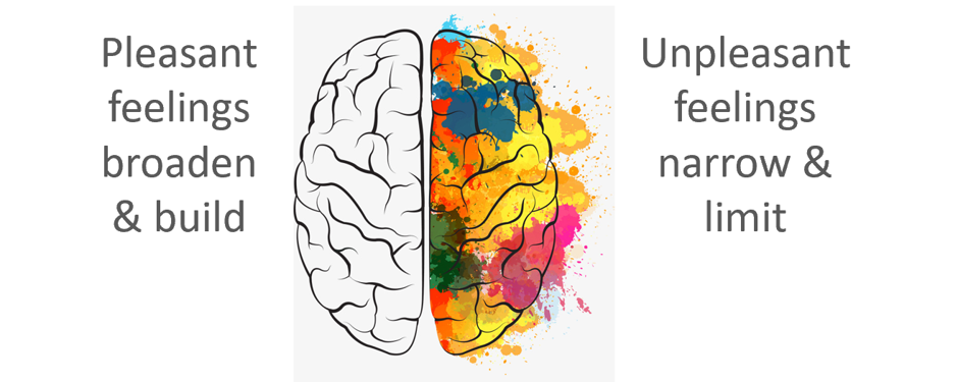
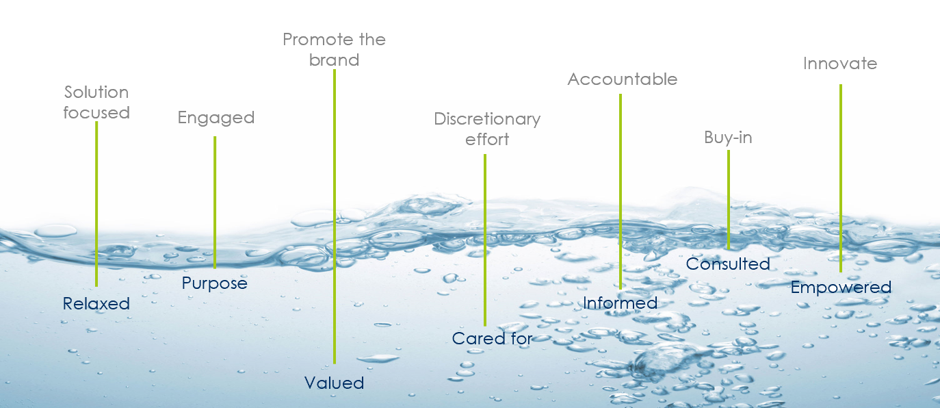
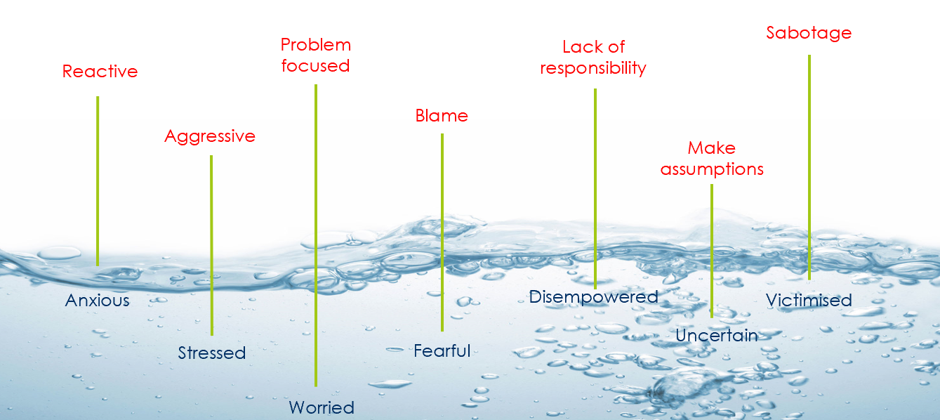
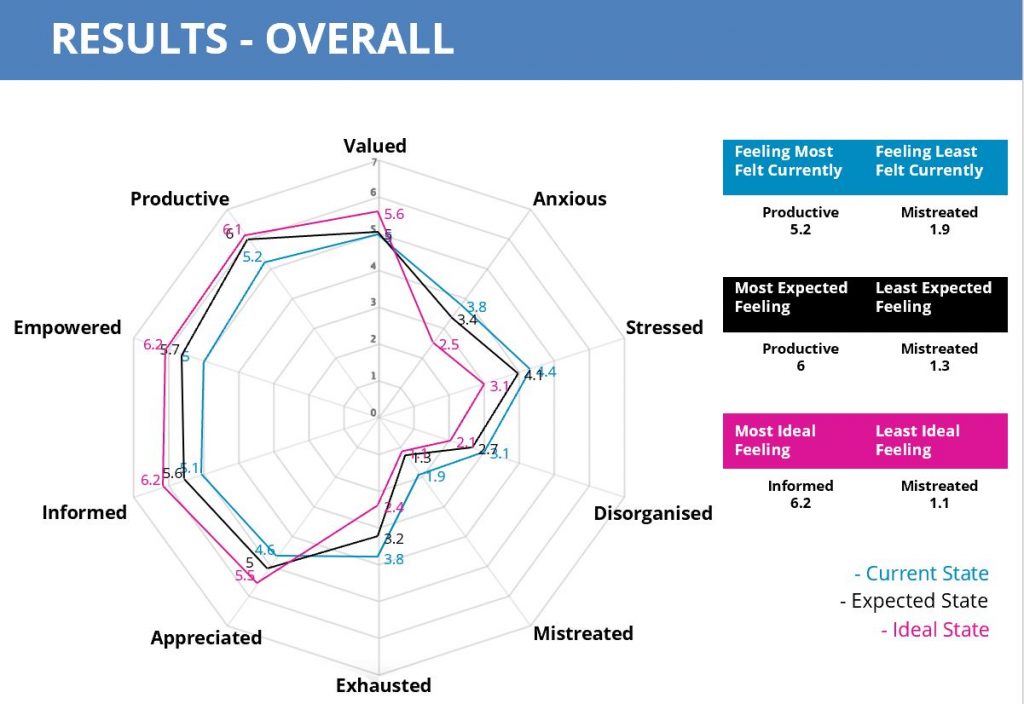
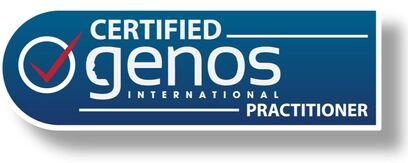
 RSS Feed
RSS Feed
